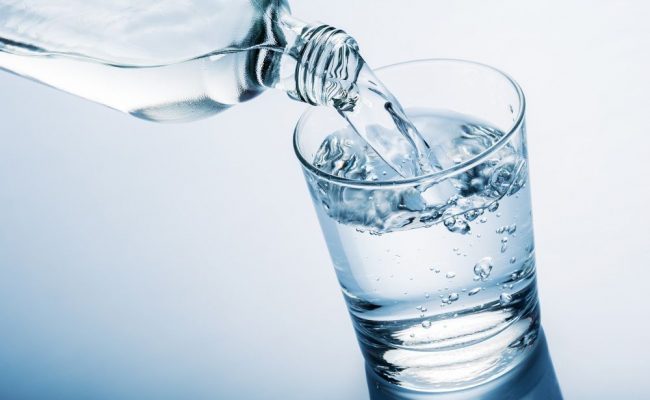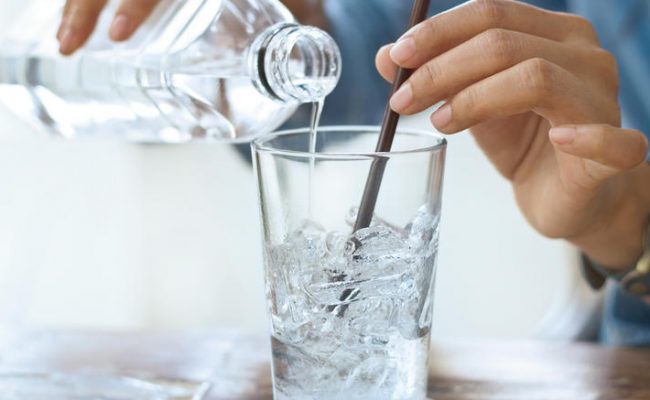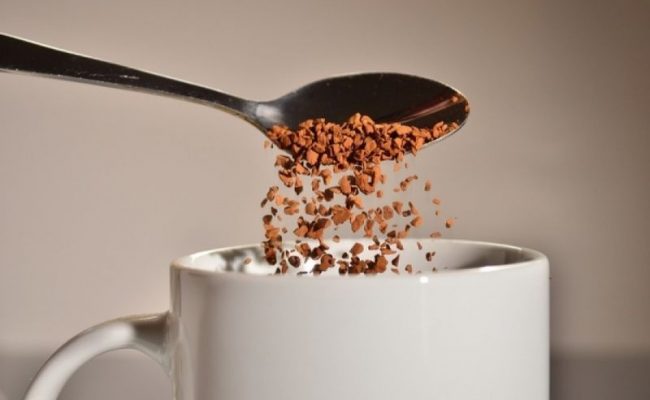
Sweating is a natural process anytime the body’s temperature gets elevated, like during exercise. Working muscles produce much more heat than muscles at rest, which expedites the need to cool down through sweating. The sweat evaporating from the skin is what helps lower overall body temperature. This is a critical step because if the body over heats without being able to cool down, serious damage can happen in the body.
There are many factors that play a role impacting the amount of sweat someone loses during exercise. A common myth is the amount of sweat is an indicator of health or how hard you are working, but this is not usually true.
Two people doing the same type of exercise will have different sweat loss because of differences in gender, age, fitness level, number of sweat glands and hydration status.
If someone has a dramatic change in the amount of sweat loss, it could be an indication that you may want to address with your doctor.
Here is more information on sweat during exercise and how it can vary.
How many sweat glands you have
There is a lot of individual variance for how many sweat glands a person has. Some people just have more sweat glands, which means they will naturally sweat more than other people.
Women usually have more sweat glands than men, but men still usually sweat more than women.
Therefore, in general, men tend to sweat more than women.
Fitness level
Another factor that can affect sweat loss for exercise is fitness level. Someone who is sedentary and starting to exercise will probably sweat more than someone who is physically fit.
As someone starts exercising more and more, the body should adapt and start to become more efficient with sweating earlier and not as much during exercise.
The more fat mass someone has usually means the higher the sweat rate because fat acts as an insulator. The more fat mass means your core temperature will rise faster.
With weight and fat loss, sweating rate may decrease.
Hydration level
If someone is dehydrated, sweating rate will decline because the body is limited in excess fluid. If someone is well hydrated, sweat loss could be higher than normal or when a person is dehydrated.
Exercising when you are dehydrated can be dangerous. If the body cannot cool down as the core temperature rises, heat exhaustion or heat stroke can happen.
If you notice someone is exercising in hot conditions but they are not or have stopped sweating, it would be best to seek medical help.
Drinking caffeine or alcohol can also affect sweat rate by increasing it. If you drink energy drinks, coffee or alcohol before exercise you may notice a higher sweat loss than normal.
Weather conditions
A big factor for sweat loss during exercise is the climate and weather conditions. If you are exercising in a hot environment, your sweat loss will be higher because your core temperature will start to rise more than in a cooler climate.
For example, in hot yoga, where the room is intentionally set at a warmer climate, sweat loss will be greater than in a room with a cooler temperature.
Exercising at a higher elevation or dry climate can increase sweat loss and will increase fluid needs.
Rehydrating during and after exercise
Whether you sweat a little or a lot, it is important to properly hydrate before, during and after exercise. People who are heavy sweaters could be at a higher risk for dehydration especially if they are involved in long exercise sessions.
Some estimates suggest that being dehydrated by as little as 2% could negatively affect athletic performance. An easy, accurate way to replace fluids after exercise is to weigh yourself before and after. The weight difference is the amount of sweat loss you have. For every pound of fluid lost from sweat, replace with 2 cups of fluid.
How much fluid should you drink during exercise? This is somewhat dependent on how long you are exercising and how much you sweat, but a general rule of thumb is to drink 4-8 ounces of fluid every 15 minutes.
Conclusion
In conclusion, it is not a reliable indicator to gauge health status or fitness based on sweat loss. There are many factors that impact sweat loss rate, and a main one is genetic make-up.
Everyone has a varying number of sweat glands, and in general the more you have the more you will sweat. Gender also impacts sweat loss, as males usually sweat more even though they may have fewer sweat glands.
Fitness can affect sweat loss; as fat mass is lost sweat rate can go down. Also as fitness improves, the body can become more efficient with sweating. If someone is well hydrated, sweat loss will be higher than if dehydrated.
Exercising in a hot environment will also increase sweat loss. As someone loses sweat during exercise, dehydration can become a risk. A general recommendation is to drink 4-8 ounces of fluid per 15 minutes of exercise and to replace every pound lost with 2 cups of fluid.
Keep in mind these are general recommendations, and fluid intake and sweat loss is very individualized.
References used in this article










